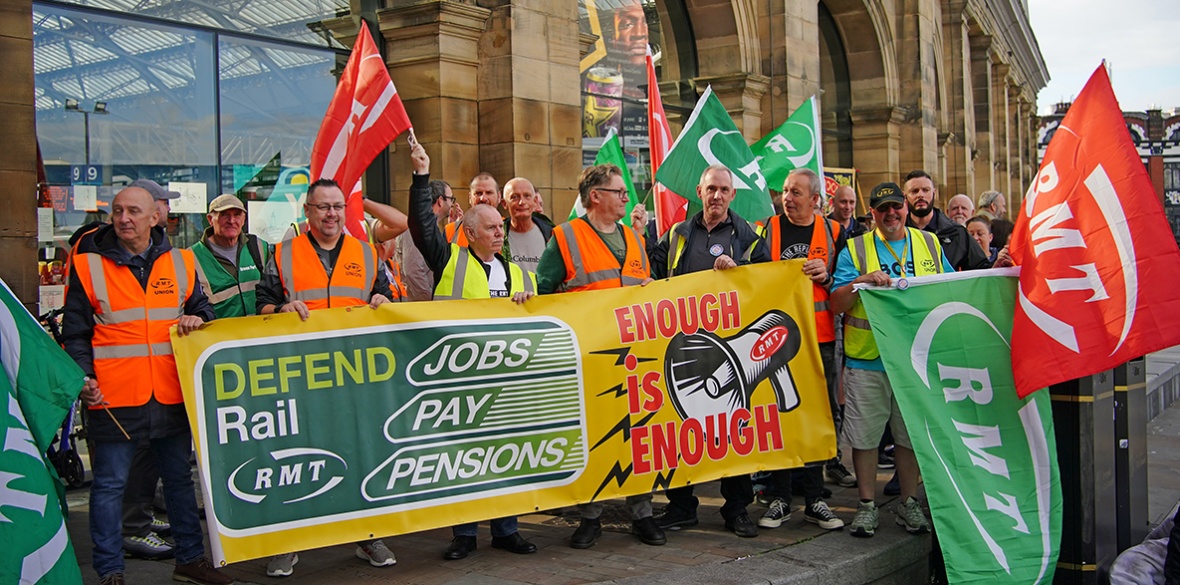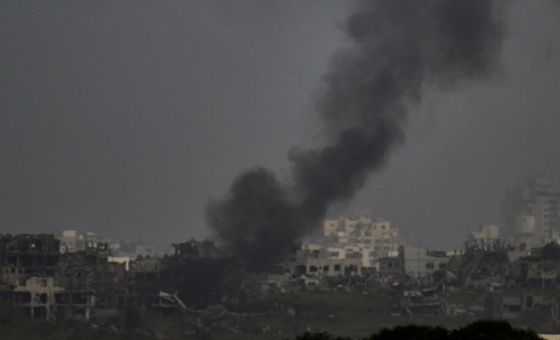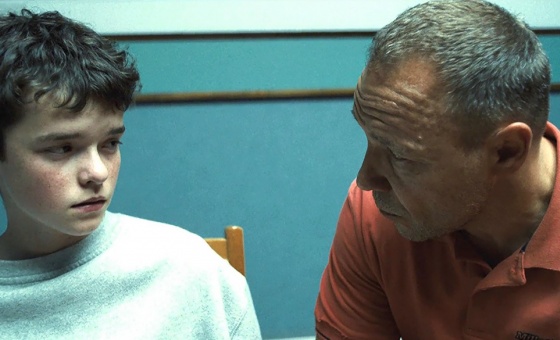This is the last article you can read this month
You can read 5 more article this month
You can read 5 more articles this month
Sorry your limit is up for this month
Please help support the Morning Star by subscribing here
HEALTH and safety on the railways have never been more important. With extreme weather events and decaying Victorian infrastructure, there is a dire need for the government to invest in maintenance and renewal, and make sure, alongside RMT, that the railways run safely and efficiently.
However, Network Rail is proposing funding cuts to renewals expenditure for the next five years (Control Period 7) of £1.2 billion in England and Wales and £315 million in Scotland.
Among their dire cuts agenda is:
Abolition of the Track Renewal Service (TRS) organisation within the Network Rail supply chain cutting 500 highly skilled jobs and outsourcing operations to private infrastructure companies.
Cuts to maintenance on track, signalling and other assets at a time of increased degradation of railway infrastructure and a time of extreme weather events such as the one which caused the Carmont 2020 rail disaster.
A reduction in railway renewals and an increased reliance on railway maintenance will lead to an increase in safety risks and a reduction in performance.
It is fitting therefore that today our National Health and Safety conference is taking place in York, with a particular focus on the 50th anniversary of the Health and Safety at Work Act.
In what is scheduled to be our best-attended conference ever, RMT president Alex Gordon will chair a panel setting out the Act in its industrial context alongside experts from the world of academia and law and will also address the conference.
Senior assistant general secretary Eddie Dempsey will also address the conference as head of safety for the union.
RMT safety reps will be able to conclude as to the effectiveness of the Act in ensuring H&S in their workplaces — and the regulatory and investigative structure in protecting rail safety.
In September last year, Network Rail Infrastructure Limited was fined £6.7m for a breach of health and safety law, after a prosecution was brought by the Office for Rail and Road for failings which led to the accident at Carmont, Scotland in 2020, when three people died and a further six were injured.
At the time of the prosecution, I called for an end to continual cuts to rail maintenance and renewals.
A Rail Accident Investigation Branch (RAIB) report concerning the train derailment caused by poor drainage work made 20 recommendations to improve rail safety — which have been largely ignored.
Although Network Rail has admitted guilt over failings in construction, inspection and maintenance of drainage assets it is still determined to push ahead with its cuts agenda.
Our union has the view that instead of fining the publicly funded body, NR should be forced to halt the culture of continual cutbacks which will inevitably lead to a more dangerous railway.
In recent months I have written to the Office of Rail and Road (ORR) about NR’s decision to cut nearly 500 posts in the Track Renewal Service organisation within Network Rail supply-chain operations.
This comes on the back of massive government funding cuts which mean a decline in renewals for the next five years.
The work of the High Output Renewals Team, which uses specialised in-house on-track machinery, is crucial to renewals work and it would be lost forever if the work was to be outsourced as part of the managed decline of the industry.
These cuts represent further significant cutbacks at a time when the industry needs to be developing its skill base, not outsourcing the work.
ORR’s limp response was that it was satisfied that NR had assessed the long-term implications. It concluded that its safety evaluation has shown that Network Rail’s plans for the period in question were capable of maintaining current levels of safety risk control and the management of H&S risks.
In November 2023, there were four broken rail incidents on NR Western Route’s railway line between Paddington and Swindon. Any of these incidents could have led to a train derailing, potentially causing injuries or worse, to passengers and staff on board.
This is totally unacceptable.
Our demand at the time was that ORR investigate the link between the reduction in maintenance staff and this unexpected increase in broken rails on the Western route.
We have not received a satisfactory reply. They seem reluctant to accuse NR of understaffing, even when RMT has provided substantial examples of the dangers to the health and safety of our members — and the public — that this understaffing has led to.
RMT will continue to campaign to increase public awareness of how job cuts in maintenance and renewals could lead to an increase in potentially serious incidents, putting lives at risk — as we had hoped the train accidents at Hatfield and Potters Bar were a distant memory.
Our day of action across 20 railway stations a few weeks ago, highlighting the dangers of railway cuts, brought activists and the public together.
Now we need to build on this, continue our publicity and political drive to push Network Rail to abandon their cuts agenda and for the government to fund our railways properly, protect the public and support railway workers doing a vital job of maintaining the infrastructure.
Mick Lynch is general secretary of RMT.









